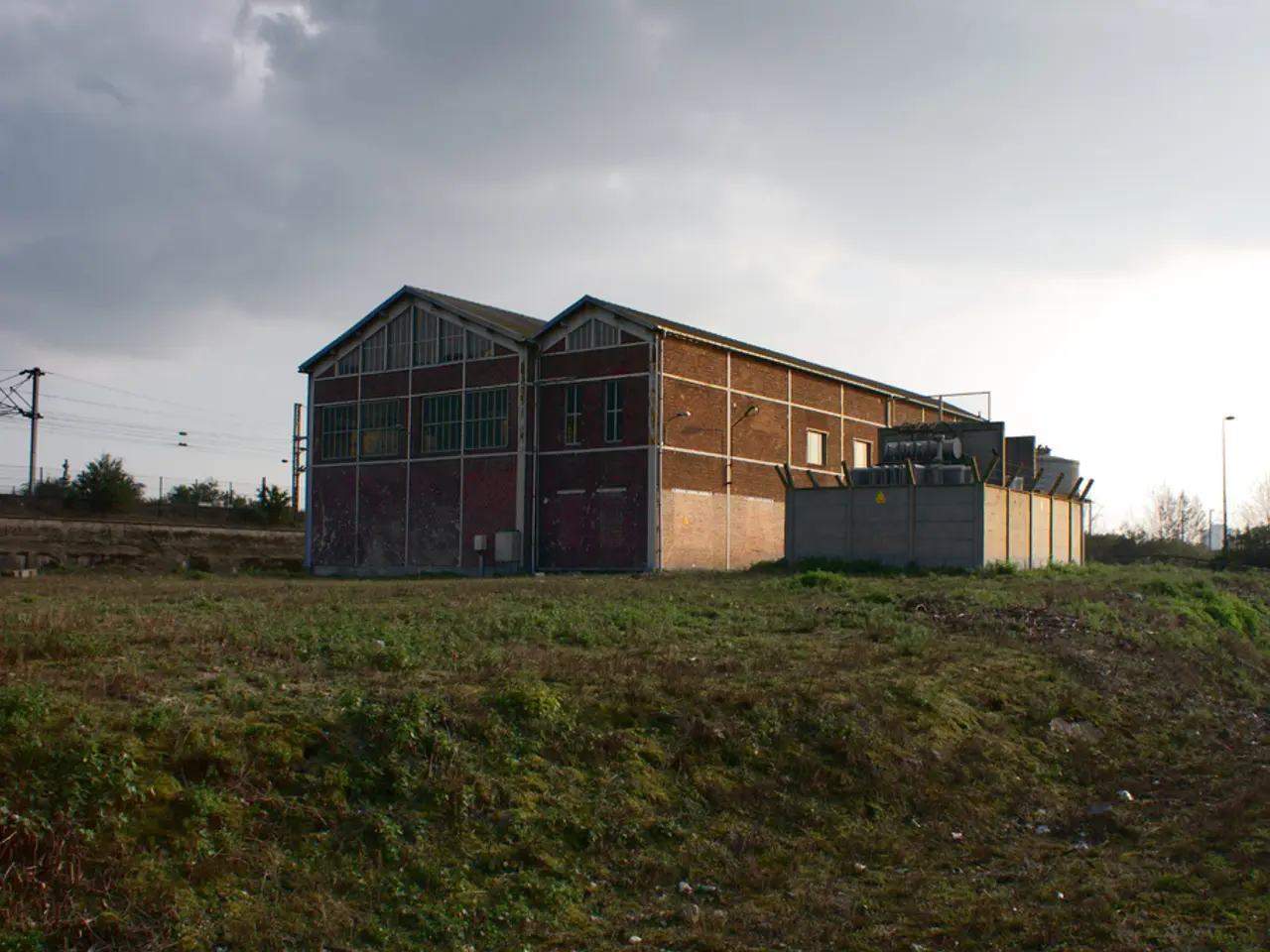Germany ranks fifth globally, trailing the island nation of Bermuda in a particular list.
The ambitious tax reform strategy of the German government is causing a delay in the electricity tax relief for small and medium-sized enterprises (SMEs), with the relief not expected until 2026. This delay has led to a growing concern among businesses, who were initially promised relief from high electricity costs.
Germany currently ranks fifth in the global electricity cost ranking, with an average of 38 cents per kilowatt hour. High network charges, taxes, and levies are the main reasons for the country's high electricity costs, which are eroding public acceptance for the energy transition.
The electricity tax will not decrease for most consumers, but the manufacturing industry will benefit from a discount starting in January 2026. However, this relief is not extending to SMEs, many of which operate in trade, services, hospitality, retail, and other sectors. These businesses are bearing the brunt of high electricity prices, leading to a decrease in industrial production in Germany, potentially threatening jobs and value creation.
The high energy prices are not unique to Germany. Bermuda currently has the most expensive electricity in the world, with a rate of 41.97 Euro cents per kilowatt hour. In contrast, the USA has an electricity cost of 18.14 cents per kilowatt hour, while France has an electricity cost of 23.60 cents per kilowatt hour.
The new federal government initially promised relief from high electricity costs, but Federal Minister of Finance Lars Klingbeil has since retracted this promise. This backtracking on the electricity tax promise is becoming a notable characteristic of the new federal government. It is not inspiring confidence in the government's ability to revitalize the economy, particularly for businesses that are considering reducing production or moving to cheaper countries due to high energy prices.
The delay in electricity tax relief for SMEs is part of Germany’s broader tax reform trajectory. The government’s €46 billion corporate tax relief package focuses heavily on accelerating depreciation, cutting corporate tax rates gradually, and boosting R&D subsidies to support large-scale industrial players and green technologies. This comprehensive overhaul, finalized in 2025, prioritizes structural tax incentives that fuel investment in advanced manufacturing and green technology rather than immediate relief on electricity taxes for SMEs.
The tax relief measures affecting smaller businesses, particularly in energy and renewables, are part of a phased approach aligning with wider EU regulations and financial frameworks. Regulatory and compliance complexities at the EU level about energy charges and taxation rules have constrained the scope and timing for immediate relief. The June 2025 EU ruling imposed strict limits on additional electricity charges by Member States, enforcing that any extra taxes or surcharges must meet specific, legally defined criteria. This regulatory environment possibly necessitated a delay until 2026 to ensure that Germany’s electricity tax relief for SMEs fits within EU law and financial frameworks effectively.
For further information, Wolfgang Leja can be contacted at w.leja@our website.
[1] German Federal Ministry of Finance. (2025). Tax Reform 2025: Accelerating Growth, Investment and Innovation. Retrieved from https://www.bmf.de/resource/blob/1202974/3c7b9336653c20437f000000/tax-reform-2025-accelerating-growth-investment-and-innovation.pdf
[2] European Commission. (2025). State Aid: Commission approves German measure to support the production of hydrogen in the steel industry. Retrieved from https://ec.europa.eu/commission/presscorner/detail/en/IP_25_1400
[3] European Commission. (2025). State Aid: Commission approves German measure to support the production of hydrogen in the steel industry. Retrieved from https://ec.europa.eu/commission/presscorner/detail/en/IP_25_1400
- The delay in electricity tax relief for small and medium-sized enterprises (SMEs) in Germany's tax reform trajectory raises questions about the government's commitment to supporting businesses, particularly in sectors outside of manufacturing and green technologies, given the focus on accelerating depreciation, cutting corporate tax rates, and boosting R&D subsidies.
- The growing concern among businesses over the delay in electricity tax relief and the retracting of initial promises on tax relief by the Federal Minister of Finance, Lars Klingbeil, suggests a potential lack of confidence in the new federal government's ability to revitalize the economy, particularly for businesses faced with high energy prices, a key factor hindering industrial production in Germany.




